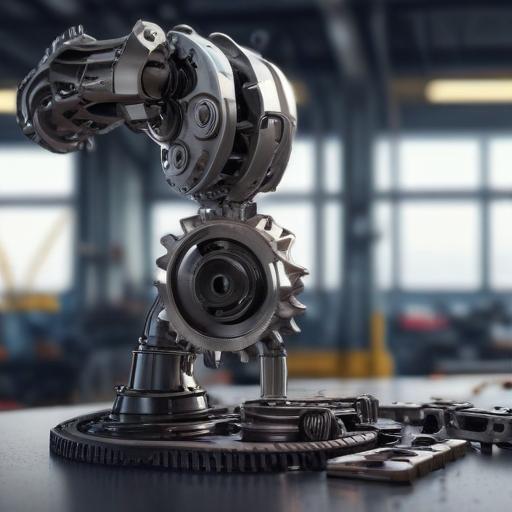Europe is making significant strides in the integration of industrial AI and robotics to address labor shortages and enhance productivity across various manufacturing sectors. As part of a robust $200 billion investment initiative, European nations are embracing advanced AI technologies to drive sustainable economic growth, with the potential for broad implications in efficiency and innovation.
The latest developments are prominently featured at Automatica, Europe’s leading conference on robotics and intelligent manufacturing, currently taking place in Munich, Germany. Major tech company NVIDIA is showcasing cutting-edge robotics and AI technologies that support Europe’s ambition to lead in smart manufacturing and logistics.
A critical innovation in this field is the establishment of the first industrial AI cloud in Europe, introduced by NVIDIA in Paris earlier this month. This AI factory features an impressive setup of 10,000 NVIDIA GPUs, providing European manufacturers with a secure, centralized infrastructure designed specifically for industrial applications. This infrastructure will enable advancements in areas ranging from design to robotics.
NVIDIA has also introduced the GR00T N1.5 model, enhancing the capabilities of humanoid robots in manufacturing tasks. Alongside this, the newly released Isaac GR00T-Dreams blueprint allows developers to generate vast data sets efficiently, enabling robots to adapt to new environments with minimal human input.
Notable companies such as NEURA Robotics, Delta Electronics, and Doosan Robotics are leveraging NVIDIA’s technologies to develop advanced humanoid robots and collaborative systems. NEURA Robotics unveiled its 4NE1 humanoid designed for both domestic and professional environments, while Delta’s new collaborative robots aim to optimize production workflows.
The collaboration between Wandelbots and SoftServe to streamline robot simulations using NVIDIA Isaac Sim promises to further enhance the impact of industrial robotics. Cyngn continues to pioneer autonomous mobile robotics, integrating technologies to facilitate large-scale virtual testing for advanced operations.
As these companies push forward with innovative AI applications, the potential for industrial automation to reshape the manufacturing landscape looks promising. The convergence of AI and robotics not only addresses current workforce challenges but also paves the way for a future where efficiency and productivity are continually enhanced, setting a hopeful tone for the evolution of industry in Europe.
With the Automatica conference running until June 27, attendees can look forward to more technological announcements and demonstrations that will shape the future of robotics in the manufacturing sector.
